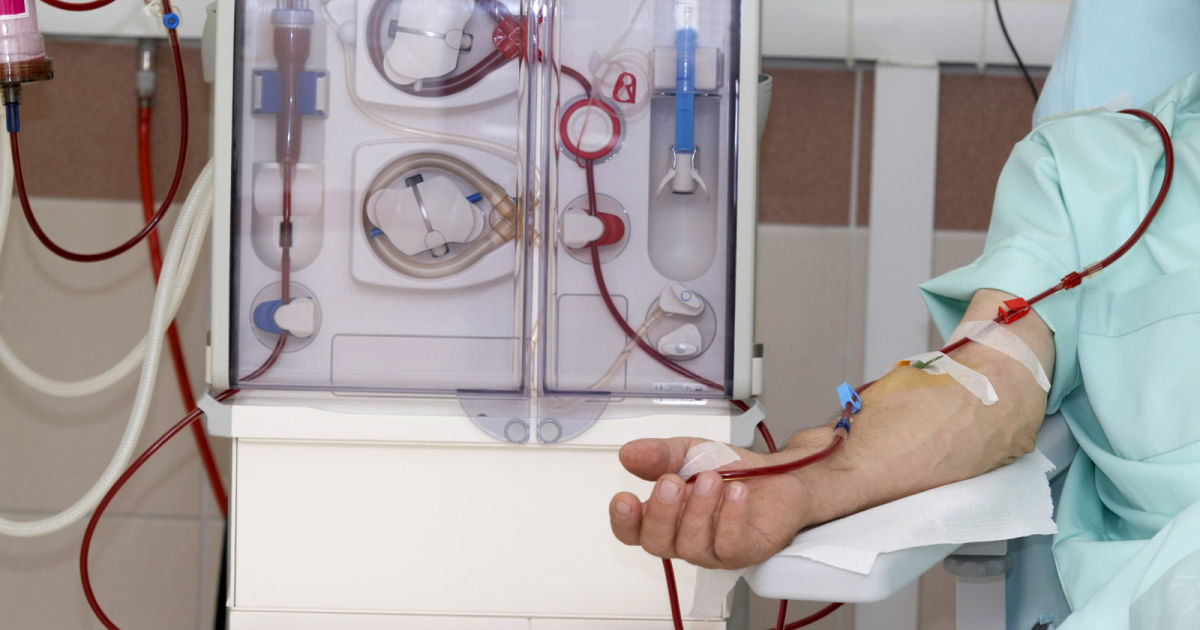Causes And Risk Factors Linked To Kidney Cancer
Hypertension

Kidney cancer is known to occur more often in individuals affected by high blood pressure (hypertension). While some kidney cancers and their treatments have been shown to induce hypertension in some cases, hypertension has also been identified to increase an individual's risk of developing kidney cancer initially. Hypertension causes the arteries responsible for transporting oxygen-rich blood throughout the body to become damaged. The damage in the artery walls is repaired by dense fibrous tissues by healing mechanisms of the individual's body. The scar tissue that replaces the original tissues and builds up over time in hypertensive individuals is unable to expand to accommodate larger volumes of blood flow with normal fluctuations like the original tissue. This process can occur in the renal arteries and those that branch from them that provide the kidney tissues with oxygenated blood. Without enough oxygenated blood reaching kidney tissues, they become hypoxic and incur cellular damage. This damage can result in cellular DNA mutations in the tissues of the kidney, which can cause the development of cancer.
Get more details on risk factors for developing kidney cancer now.
Long-Term Dialysis

Individuals being treated with long-term dialysis are more likely to develop kidney cancer than the rest of the population. Long-term dialysis is a type of treatment utilized in patients with end-stage renal disease and chronic kidney disease who are waiting for or unable to undergo a kidney transplant. The research community strongly believes the increased risk of kidney cancer in dialysis patients is attributed more to their end-stage kidney disease than it is to dialysis itself. Because the kidneys play a role in an individual's immunity, the end-stage renal disease can cause them to be immunocompromised. These immunocompromised individuals are more likely to develop cancer because their immune system is less effective at detecting and eradicating cancerous and precancerous cells in their body. On the other hand, younger patients undergoing dialysis for chronic kidney disease and end-stage renal disease have proven to have a stronger inflammatory response during the beginning of treatment due to external stimulation by the mechanism of dialysis itself. This inflammatory response causes cellular damage and can result in tumorigenesis in the kidney tissues.
Read more about risk factors for the development of kidney cancer now.
